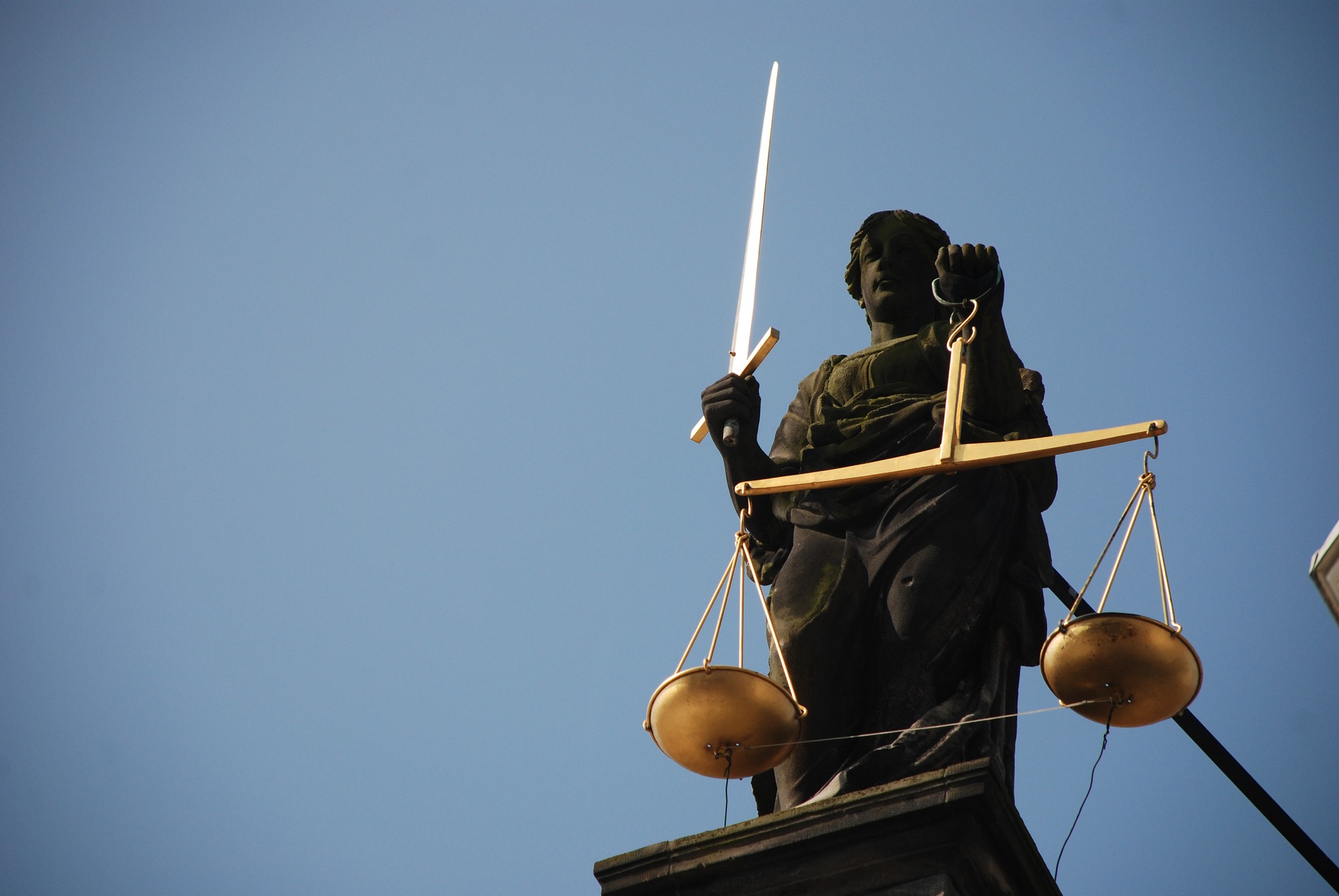Lawyers urged to make submissions to PSNI review

Lawyers, journalists and activists who suspect they have been spied on by the PSNI have been urged to complain before an impending deadline.
London lawyer Angus McCullough KC is leading an independent inquiry into alleged PSNI surveillance of journalists, lawyers, non-governmental organisations and police oversight bodies.
The review was commissioned by PSNI chief constable Jon Boutcher after campaigners raised concerns following evidence disclosed at the Investigatory Powers Tribunal (IPT) which pointed to potential widespread use of covert surveillance powers by the police.
The call for evidence issued by Mr McCullough has a deadline of 5pm on Friday 18 October 2024.
Patrick Corrigan, Northern Ireland director of Amnesty International, and a member of the McCullough review group of experts and stakeholders, said: “The evidence disclosed to the Investigatory Powers Tribunal investigating spying on Barry McCaffrey and Trevor Birney has pointed to worrying surveillance practices by the PSNI in relation to journalists, lawyers and the office of the Police Ombudsman.
“We now need answers to wider questions about the full extent of police use and misuse of secret surveillance powers in Northern Ireland. The McCullough Review can help provide those answers.
“It is important that anyone who falls within the remit of the review and has information or evidence that they may have been subject to covert surveillance by the PSNI contacts McCullough.
“It will also be crucial for former or serving police officers to bring what they know to this investigation. The Chief Constable has already committed to full cooperation with this review and we would encourage anyone with evidence to make it known via the confidential questionnaire on the McCullough Review website.
“While this review does not have all the powers of a statutory public inquiry — and we may still need such an inquiry — it can play a hugely important role in shining a light on hitherto shadowy practices and point to potential breaches of human rights of surveillance targets.”







